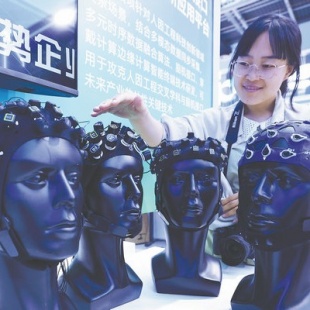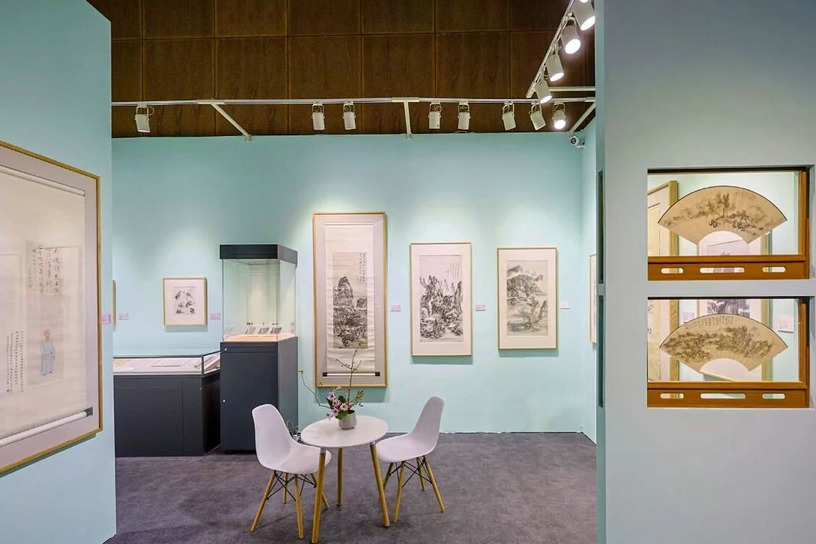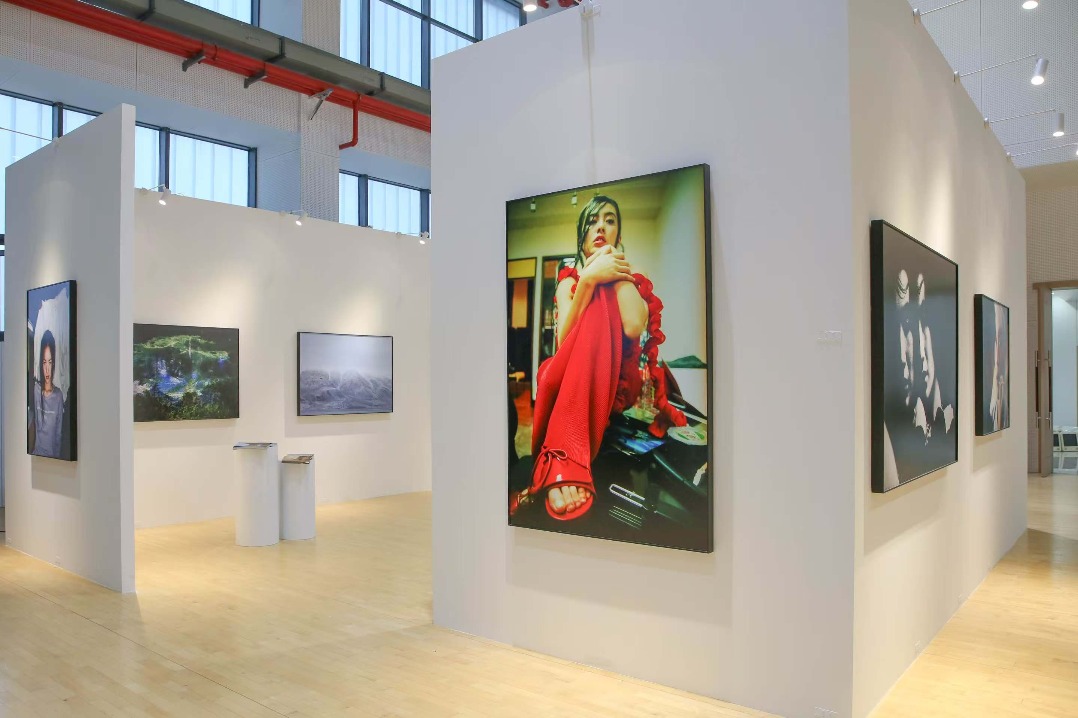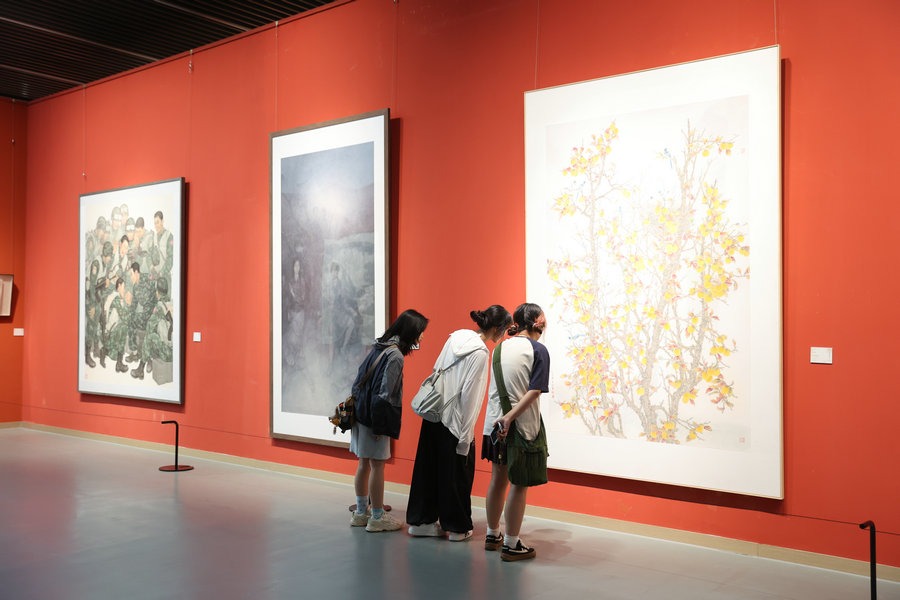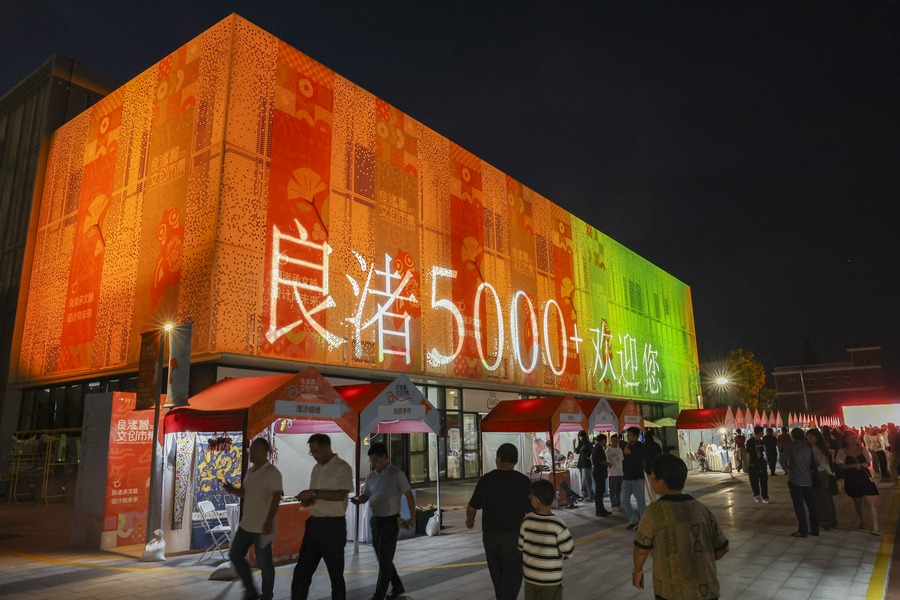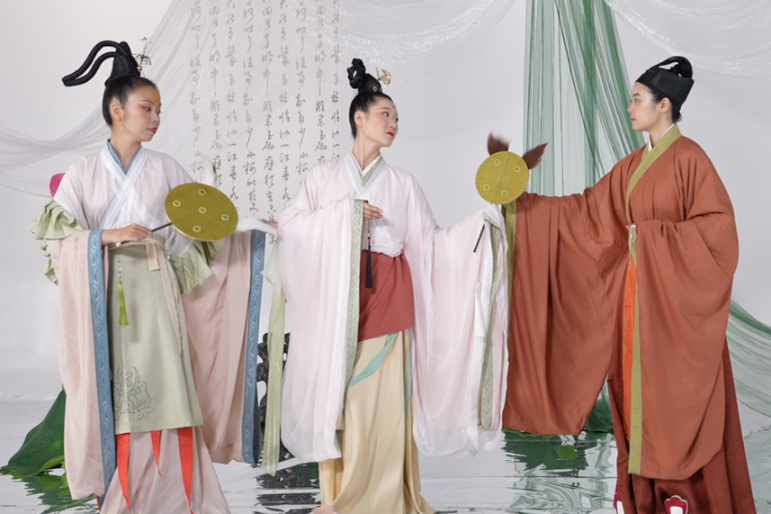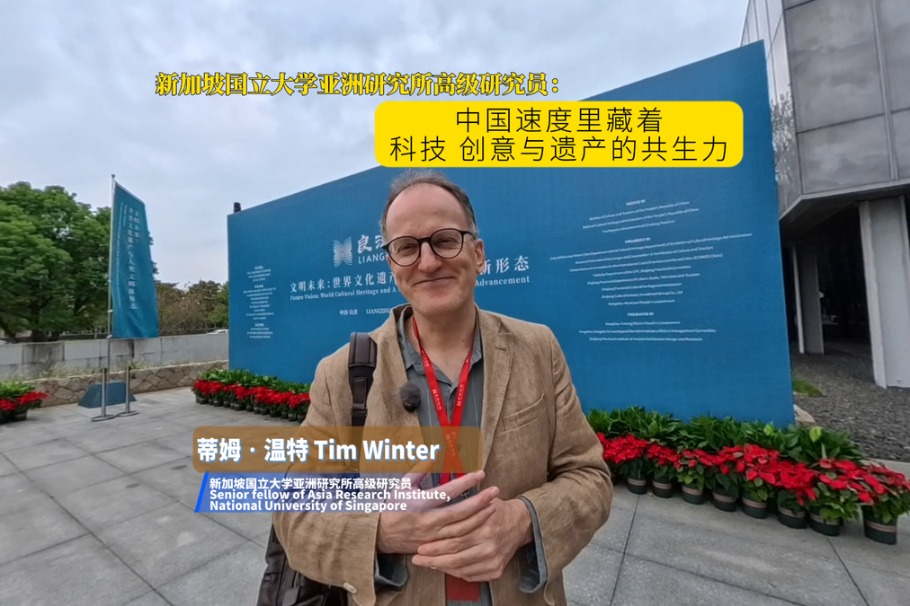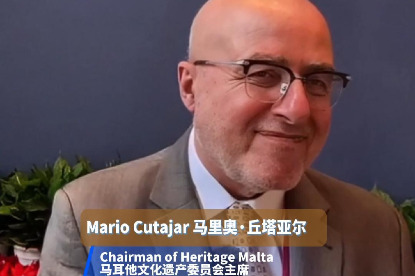Creativity: The true engine of progress
Zheng Yuhuang's coauthored book argues that while AI accelerates production, only human innovation can drive real transformation, Yang Yang reports.

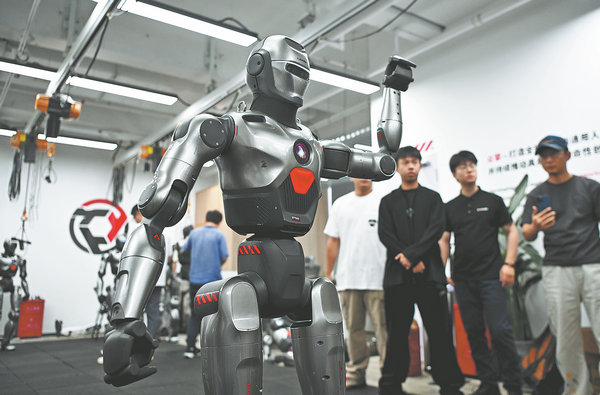
"The essence of creativity is solving problems using unconventional methods. Being creative is to be different. Therefore, we must encourage seeking differences and embracing diversity," Zheng says.
Creativity is vital for changing the world, as it drives transformation and progress, he adds.
One example he gives is how Henry Ford, the founder of the automobile brand Ford, installed the world's first assembly line to produce Model T cars in 1913, greatly improving production efficiency and reducing the price. He got the inspiration from the meat-packing houses of Chicago and a grain mill conveyor belt he visited.
"True creativity in entrepreneurship is reflected in the ability to benefit thousands of households. A product that remains accessible only to a privileged few does not represent progress; real advancement is achieved when it becomes available to the many," he says.
For decades, many people have been asking the question: "Why do our schools always fail to produce outstanding technological innovators?" In recent years, China has led in the quantity of published academic research papers and newly applied patents. However, Zheng says that this does not mean that Chinese people's creativity has improved.
He says he thinks that although China is a manufacturing powerhouse, it is relatively weak, not only in research and development but also branding and marketing.


